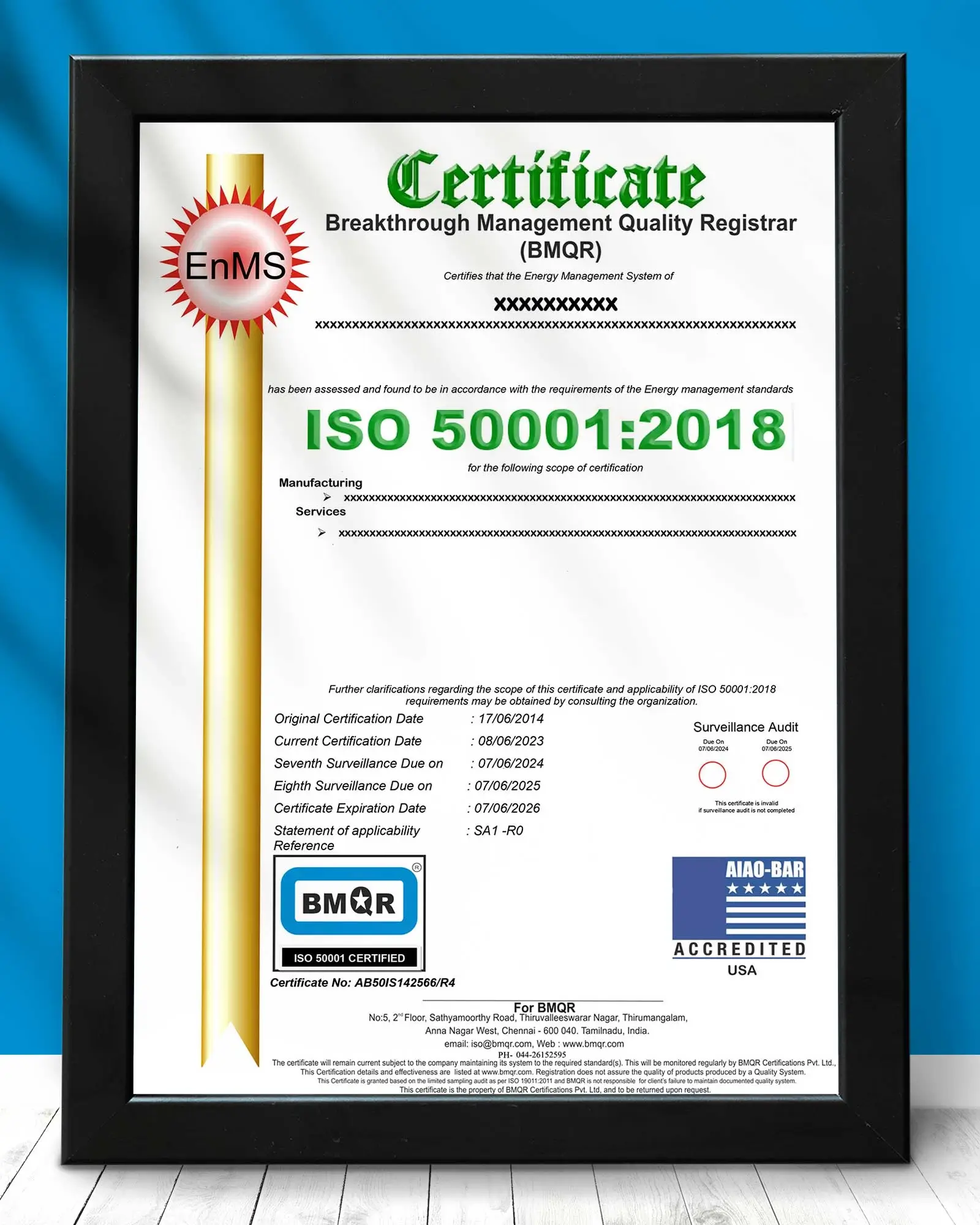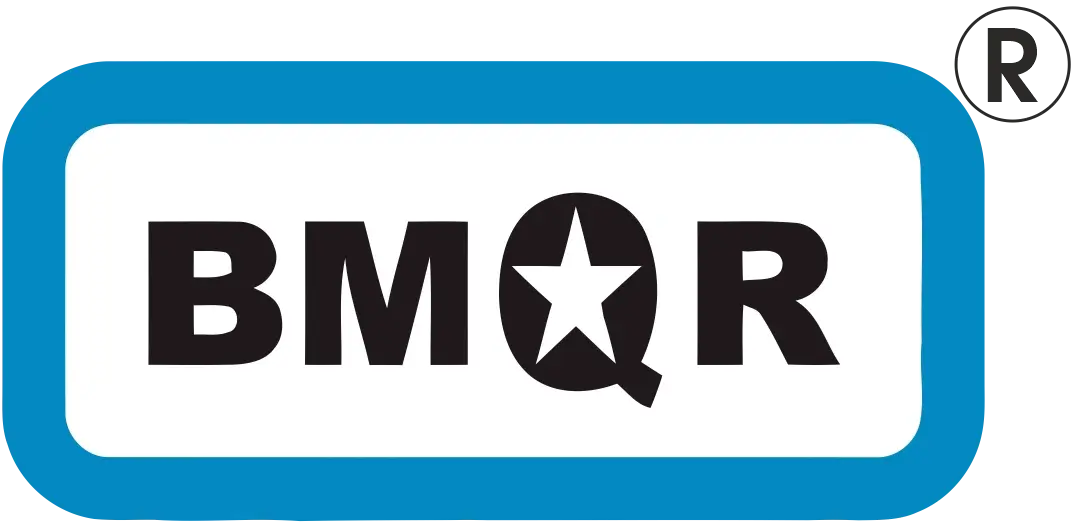Introduction:
In today's rapidly changing world, businesses and individuals alike are recognizing the urgent need to address environmental concerns and embrace sustainable practices. A key aspect of sustainability is the efficient use of energy resources. To meet the requirements of customers seeking environmentally responsible solutions while also reducing energy consumption and saving costs, companies are implementing innovative strategies and technologies. This article sheds light on the significance of energy conservation and cost-saving measures that empower customers with eco-friendly options.
Energy Conservation for a Greener Tomorrow:
Amid growing concerns over climate change and environmental impact, customers are increasingly mindful of their ecological footprint. Businesses that prioritize energy conservation demonstrate their commitment to sustainability and contribute to a greener future. By offering energy-efficient products and services, companies can align with customer values, building stronger relationships with environmentally conscious clientele.
Cost Savings through Energy Efficiency:
Energy expenses constitute a significant portion of operational costs for many businesses and households. Implementing energy-saving initiatives can result in substantial cost reductions. By using energy-efficient technologies and optimizing energy consumption, companies can pass on the cost savings to customers, making their products and services more affordable and attractive.

Sustainable Solutions for Customer Satisfaction:
In today's competitive marketplace, customers seek products and services that not only meet their needs but also align with their values. Sustainable solutions resonate with environmentally conscious consumers, enhancing customer satisfaction and loyalty. When customers choose eco-friendly options, they contribute to global sustainability efforts, fostering a sense of pride and responsibility.
Integrating Renewable Energy Sources:
Transitioning to renewable energy sources is a significant step towards reducing overall energy consumption and carbon emissions. Companies that harness solar, wind, or other renewable resources can offer green energy alternatives to customers. These solutions not only contribute to sustainability goals but also provide long-term energy cost stability.
Energy Audits for Informed Decisions:
To optimize energy usage and identify areas for improvement, companies can offer energy audits to their customers. An energy audit assesses energy consumption patterns and suggests tailored strategies to minimize waste. Providing customers with valuable insights into their energy usage empowers them to make informed decisions about energy conservation and cost-saving measures.
Smart Home and IoT Solutions:
The advent of the Internet of Things (IoT) has revolutionized energy management. Companies can offer smart home solutions, integrating IoT devices that enable customers to control and monitor energy usage remotely. Smart thermostats, lighting controls, and energy-efficient appliances help customers make real-time adjustments, leading to reduced energy consumption and lower bills.
Energy-Efficient Appliances and Equipment:
For businesses and households alike, energy-efficient appliances and equipment play a crucial role in reducing energy consumption. Companies can promote and provide energy-efficient options to customers, emphasizing the long-term cost savings associated with such investments. Additionally, educating customers about energy labels and certifications can aid informed choices.
Conclusion:
Addressing the pain points of customers seeking energy efficiency and cost savings is not only beneficial for individual businesses but also essential for a sustainable future. By offering eco-friendly solutions, embracing renewable energy sources, conducting energy audits, and providing smart home options, companies can empower customers to make informed choices about energy consumption. Reducing energy usage not only contributes to environmental preservation but also leads to significant cost savings for both businesses and households. Embracing sustainable practices not only meets customer demands but also reflects a commitment to social responsibility and global well-being. Together, businesses and customers can pave the way for a greener, more energy-efficient, and economically viable future.






